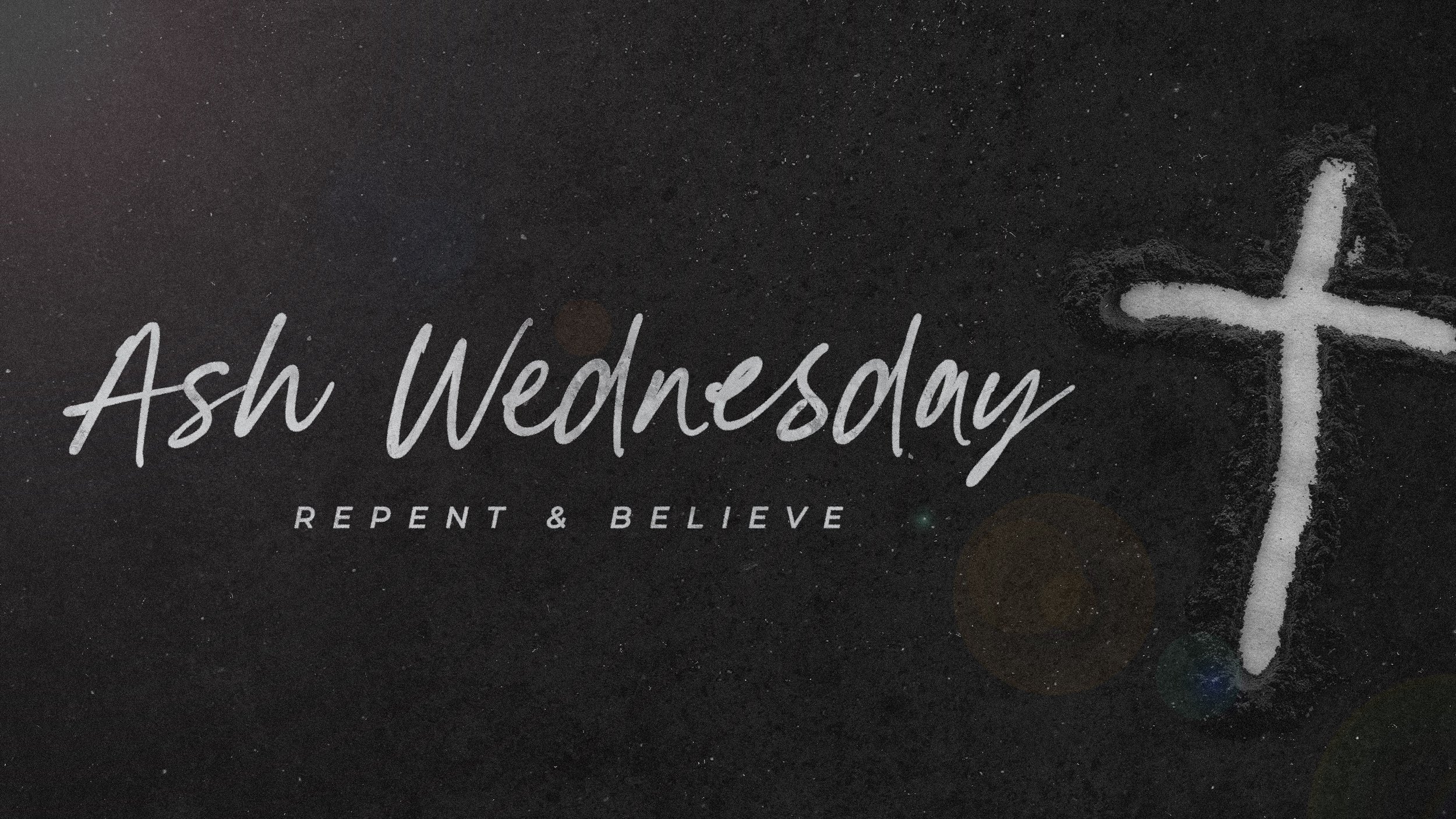I urge United Methodists to observe March 2, Ash Wednesday, as a day of prayer and fasting for peace. We will join Christians around the world including the World Methodist Council, Pope Francis, the Lutheran World Federation, the World Communion of Reformed Churches, and the Conference of European Churches in a day of prayer and fasting specifically for peace in the Ukraine, Russia, and surrounding countries.
I urge United Methodists to pray for the churches, leaders of the nations, and the people. Pray for the millions of refugees. Pray for the generation of children who are at risk. Pray that God will work in all hearts to expose the warlike tendencies and replace those impulses with the love of Christ.
In addition to prayer and fasting, I invite you to give to alleviate human suffering through UMCOR or the Annual Conference.
In the past week, the world has been gripped by news reports of the Russian invasion of Ukraine. In previous weeks, news outlets reported the buildup of Russian troops on the border of the two countries. I have been in daily prayer for the situation.
However, the situation did not develop overnight. Early in 2014, armed conflict erupted as Russian troops entered Crimea and parts of eastern Ukraine. According to a 2017 report by the United Nations Office for the Coordination of Humanitarian Affairs, almost 10,000 people had been killed and over 23,000 had been injured, and more than one million eastern Ukrainians sought safety in the western parts of the country or in the country of Russia.
In May 2017, Bishop Khegay hosted a Peace Dialogue for United Methodists in Ukraine and Russia. At that meeting, delegates accepted their call to serve as agents of peace and reconciliation, examine ways the church had historically contributed to the present conflict, and to combat misconceptions and misunderstandings that fueled the current conflict. The outcome of the meeting was an agreement to promote peace, reconciliation, and love.
The desired outcome of the Peace Dialogue apparently did not achieve its objectives when, in 2021, the European Central Conference received a request from the Moldova Provisional Annual Conference to withdraw from the Eurasian Episcopal Area due to the political situation between Ukraine and Russia. No action has been taken on the request, due to the pandemic.
The General Board of Global Ministries has been working closely with the European bishops and closely monitoring the situation. You may make contributions through the Conference Center or on the GBGM website to support humanitarian efforts to relieve suffering with the assurance that United Methodist leaders impacted by the crisis are collaborating on relief efforts.
United Methodists are not the only Christian denomination experiencing division in Ukraine. Thousands of Orthodox Christians left for other Orthodox or non-orthodox churches after the invasion of Crimea. Today there are three major strains of the Orthodox Church in Ukraine.
On January 5th, 2019, the Orthodox Church of Ukraine established ties to Constantinople. This significant division marked the first time since the year 1686 that the Ukrainian Orthodox Church has not been under the jurisdiction of Moscow. The New York Times characterized the division in these words in a December 31, 2018 article: “Ukraine is on the verge of opening the biggest schism in Christianity in centuries, as it breaks from the authority of a Moscow based patriarch.”
Russia refused to accept the church and broke off relations with Constantinople. The Economist reported in July 2021 that Vladimir Putin “claimed that the countries’ ‘spiritual unity’ was under attack.” Putin has promoted himself as a defender of Russia’s Orthodox Church, resisted any split in the Church, and asserted in a news conference that any redistribution of church property as part of the fissure “could turn into a heavy dispute, if not bloodshed.” Thousands of Ukrainians marched in Kiev that month in protest against Russian influence. (The Economist “Why did the Russian and Ukrainian Orthodox churches split?”).
While affiliation with the Orthodox Church is important in both Russia and Ukraine, church attendance is not a high priority. According to the Pew Research Center, 78% of Ukrainians and 71% of Russians identify as Orthodox Christians. Over 50% of both populations believe it is important for people from their country to be Orthodox. Likewise, around 12% of the population in Ukraine and 6% in Russia attend worship regularly (cited in The Economist).
Andrew Higgins, in a 2018 article for the New York Times concluded, “Behind a flurry of archaic fire-and-brimstone insults and arcane quarrels over canonical law lies a thoroughly modern fight over money, property, political power and identity, both Russian and Ukrainian. (“As Ukraine and Russia Battle Over Orthodoxy, Schism Looms” The New York Times, December 31, 2018). Sadly, it seems that schism in the church has contributed to war.
Tragically, war has broken out in yet another part of the world. How should United Methodists respond? The Social Principles of The United Methodist Church says: “We deplore war and urge the peaceful settlement of all disputes among nations. From the beginning, the Christian conscience has struggled with the harsh realities of violence and war, for these evils clearly frustrate God’s loving purposes for humankind. We yearn for the day when there will be no more war and people will live together in peace and justice.”
Please join me in prayer and fasting for peace. May God have mercy upon the nations. May God have mercy on the church. May God have mercy on us.
-Bishop James Nunn
Statements and Resources:
These are timely statements from UMC related leaders on the conflict between Ukraine and Russia and foundations principles for the Church:
This is the statement from the World Council of Churches regarding Ukraine and Russia. The World Council of churches includes both orthodox and protestant churches.
Hilde Marie shared that the Conference of European Churches published a statement. This is important because it includes Orthodox and Protestant churches. It also includes the UMC in Northern Europe.



